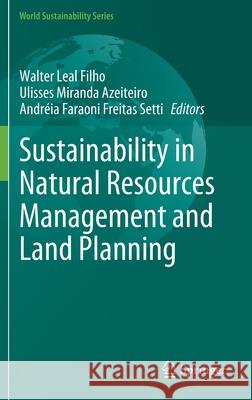Sustainability in Natural Resources Management and Land Planning » książka
topmenu
Sustainability in Natural Resources Management and Land Planning
ISBN-13: 9783030766238 / Angielski / Twarda / 2021 / 556 str.
Kategorie BISAC:
Wydawca:
Springer
Seria wydawnicza:
Język:
Angielski
ISBN-13:
9783030766238
Rok wydania:
2021
Wydanie:
2021
Numer serii:
000763600
Ilość stron:
556
Waga:
0.96 kg
Wymiary:
23.39 x 15.6 x 3.17
Oprawa:
Twarda
Wolumenów:
01
Dodatkowe informacje:
Wydanie ilustrowane











